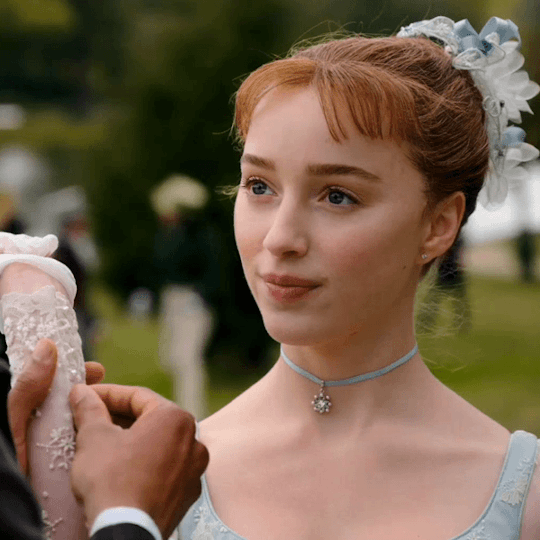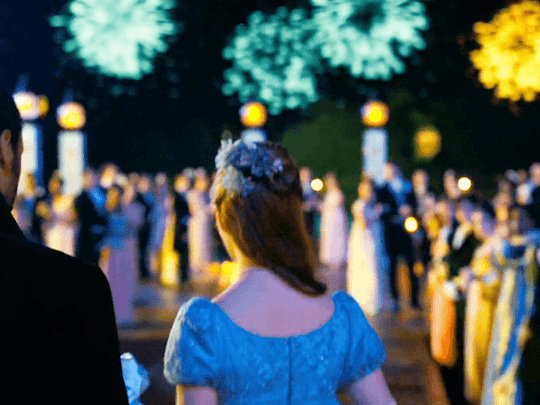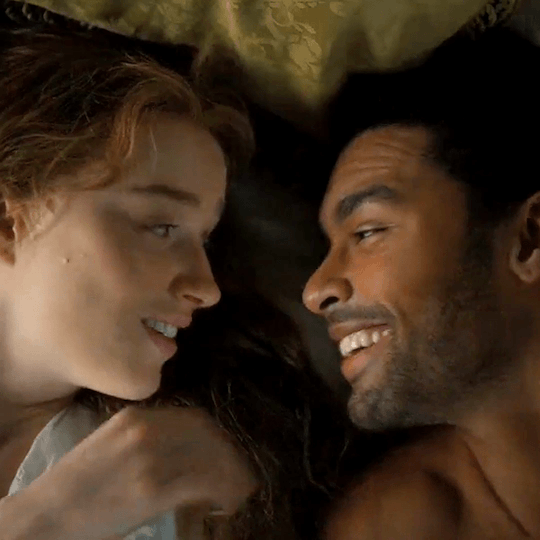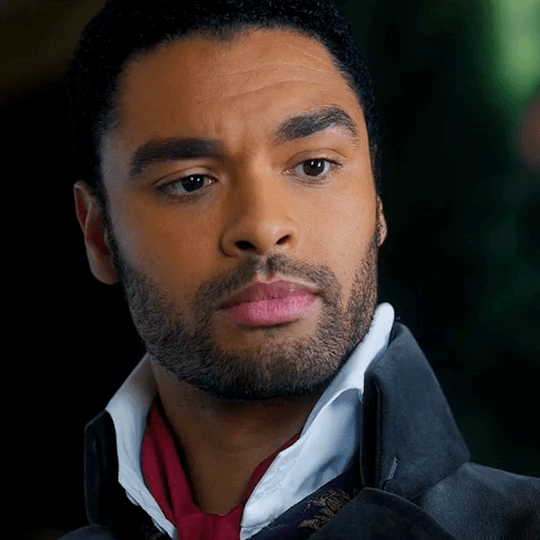I am Mirime - a fangirl, a follower, a shipper, but not a multishipper. 35, pronouns are she/her or ona/jej. This is a mixed personal and fandom blog. The fandoms at the moment are primarily Shingeki no Kyojin/Attack on Titan and Miraculous Ladybug . Spoilers for the SnK manga are always tagged. I will go down with the RivaMika ship. I run a RivaMika sideblog which is mostly metas about the two of them and also a ShikiMika one. My RivaMika fics My Miraculous Ladybug fics I used to post Edge of Tomorrow, I was an OUAT fan and still ship fanon Rumbelle and SwanFireQueen. C@ptain Sw@n is no longer my ultimate NOTP. R3ylo is, for way too many reasons to list here. I block both the ship and the shippers. Sometimes NSFW content is posted. There will occasionally be posts about Star Wars, Warhammer 40k, ASOIAF, feminism, Fairy Tail and whatever else catches my fancy....
Don't wanna be here? Send us removal request.
Text
Fucking hell, I was on mobile and the screen moved too much so I clicked kanthony instead of Saphne. That one vote for kanthony should have gone to Saphne. The fuck, I hate my mobile phone rn!
#saphne#Is the only ship for me#It should have more votes#It has my vote but a technology is treacherous
9 notes
·
View notes
Text
Self-care is-
-going through the Simon/Daphne AO3 tag and blocking and muting every author who tags them in their fic without featuring them properly. It doesn't matter if the fic is polin or kanthony or penthony or benophie or philoise or theloise or reader or original character or or or. If the Saphne tag is used on the fic and they barely get featured, the author is getting both muted and blocked. And sure, these days I get maybe three results per page. But those results? One hundred percent Saphne focused.
That's worth it.
1 note
·
View note
Text

14 notes
·
View notes
Text


BRIDGERTON (2020-)
DAPHNE AND SIMON
1.04
145 notes
·
View notes
Text




BRIDGERTON (2020-)
DAPHNE AND SIMON
1.03
150 notes
·
View notes
Text


BRIDGERTON (2020-)
DAPHNE AND SIMON
1.02
#saphne#bridgerton#daphne bridgerton#simon basset#gifs#another great scene#Daphne is so demanding#lol
182 notes
·
View notes
Text




BRIDGERTON (2020-)
DAPHNE AND SIMON
1.01
245 notes
·
View notes
Text

10 notes
·
View notes
Text


BRIDGERTON (2020-)
DAPHNE AND SIMON
1.08
234 notes
·
View notes
Text
instagram
4 years to this day since I first fell in love with this couple.
3 notes
·
View notes
Text


BRIDGERTON (2020-)
DAPHNE AND SIMON
1.08
#saphne#bridgerton#daphne bridgerton#simon basset#gifs#old school hea definition#I love them your honor
116 notes
·
View notes
Text






BRIDGERTON (2020-)
DAPHNE AND SIMON
1.08
116 notes
·
View notes
Text


BRIDGERTON (2020-)
DAPHNE AND SIMON
1.08
198 notes
·
View notes
Text


6 notes
·
View notes
Text
4 notes
·
View notes
Text




BRIDGERTON (2020-)
DAPHNE AND SIMON
1.06
#saphne#bridgerton#daphne bridgerton#simon basset#gifs#nsfwish#costume drama where the costumes consist of a single nightgown#lol
201 notes
·
View notes
Note
Hello! I hope you're having a good day( ◜‿◝ )♡
Just wanna ask, I know it's a long time ago, about the title of this mystwalker fanfiction of yours. I read it when I was a teen and now that I am an adult I suddenly remembered you wrote it and it is phenomenal and fantastic 😍. It is a sequel of Duty, if i remember correctly, mystogan and erza k. have had their baby and there was an assassintion attempt at the life of their child from the side of Sengar/Sangar(?). But erza knightwalker, being the badass she is, took care of it. I can't seem to find this specific ff and I was searching for it on your blog (where I read it years ago) hoping to read it once again.
If it's not too much, I would like to know where I can find it again. Thank you🙌🏻 I live for your ft fanfictions and you're such an amazing writer😍☺️
Hi! I just woke up to this lovely message in my inbox so I hope this day will keep that energy.
The fanfiction in question is titled Fate. I never posted it to Tumblr in its entirety, only as a link.
Fate - this is the OG fanfiction net link
... and I just realized I never uploaded it to AO3 with the rest of my FT fics.
Anyway, thank you for your words again (they really made for a great start for the day) and enjoy your reading.
0 notes